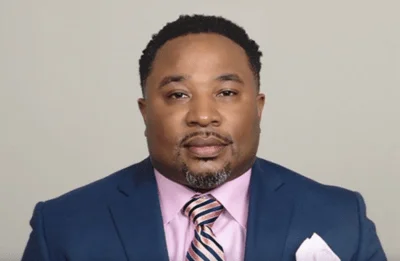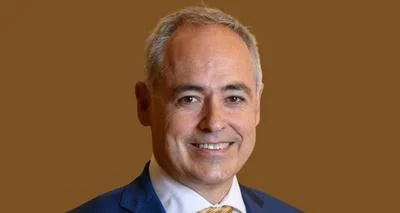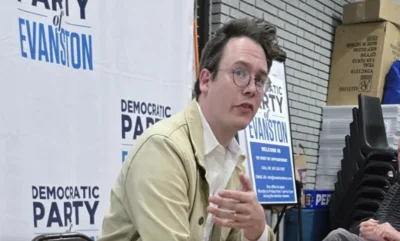Paula Danoff, President u0026 CEO at Evanston Art Center | linkedin.com
Paula Danoff, President u0026 CEO at Evanston Art Center | linkedin.com
This appropriation represents state-level funding authorized by lawmakers, reflecting what was approved in the budget, not necessarily disbursed. The funds cover only State of Illinois support and exclude federal, local, or other public sources.
Founded in 1929 by Alice C. Riley, Evanston Art Center states that its mission is: “The Evanston Art Center is dedicated to fostering the appreciation and expression of the arts among diverse audiences by offering extensive and innovative instruction in broad areas of artistic endeavor through classes, exhibitions, interactive arts activities, and community outreach.”
You can learn more about the organization at its website.
In its most recent IRS Form 990 filing filing for tax year 2024, the organization reported $1,744,340 in total revenue. Of that, $21,000 came from government grants including federal, state, or local sources, making up 1.2% of total revenue.
The nonprofit listed $392,289 in contributions overall. It also reported $275,505 categorized under other contributions, which may include restricted donations, pledges, or bequests.
At the beginning of 2024, Evanston Art Center had $5,253,080 in assets. By the end of 2024, that figure had changed to $5,381,170, indicating a 2.4% growth in overall holdings.
According to its filing, public funding to Evanston Art Center increased in the last year. The group received $17,550 in government grants in 2023, compared to $21,000 in 2024—an increase of 19.7% year-over-year.
However, a Chicago City Wire analysis found that IRS filings frequently contain discrepancies when compared with publicly disclosed government grant reports and budgets.
Evanston Art Center is one of hundreds of nonprofits across Illinois that receive substantial support from state taxpayers while also fundraising privately.
In 2025, Illinois lawmakers introduced House Bill 1266, also known as the Department of Government Efficiency (DOGE) Act. The proposal would create a new oversight body within the Office of the Auditor General tasked with identifying cost-saving measures, reviewing agency performance, and advising on audit priorities. If passed, DOGE could bring additional scrutiny and performance evaluation to taxpayer-funded organizations.
According to ProPublica, Illinois has more than 78,000 active tax-exempt organizations, including nearly 60,000 classified as charitable nonprofits. In their most recent IRS filings, these groups reported a combined revenue exceeding $156 billion.
| Term | Name | Title |
|---|---|---|
| 2024-2024 | Art Williamns | Trustee |
| 2024-2024 | Dana E Lieberman | Vice President |
| 2024-2024 | Danny Roman | Trustee |
| 2024-2024 | Debra Favre | Trustee |
| 2024-2024 | Elizabeth Irene Pope | Trustee |
| 2024-2024 | Frances W Joy | Trustee |
| 2024-2024 | Jason Collette | Trustee |
| 2024-2024 | Jp Balakrishnan | Trustee |
| 2024-2024 | Judine O'Shea | Trustee |
| 2024-2024 | Karen J Hunt | Vice-President |
| 2024-2024 | Leon I Oberlander | Trustee |
| 2024-2024 | Leslie Marie Scattone | Vice-President |
| 2024-2024 | Maureen M Sullivan | Treasurer |
| 2024-2024 | Michael Davis | Trustee |
| 2024-2024 | Nancy K Brooks | Secretary |
| 2024-2024 | Paula B Danoff | President & Ceo |
| 2024-2024 | Shari Reber Daw | Board Chair |
| 2024-2024 | Sheila F Cahnman | Trustee |
| Year | Name | Title | Compensation |
|---|---|---|---|
| 2003 | Darrell Blackwell | - |





 Alerts Sign-up
Alerts Sign-up